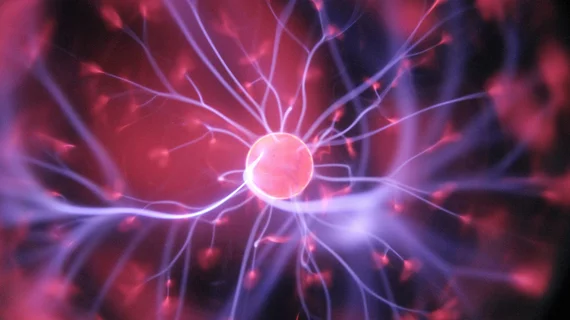AI helps clarify developmental trajectories of living cells
Researchers at Ghent University in Belgium have tapped AI to help track the development of organisms at the level of the individual cell.
Specifically, the team created a way to benchmark the performance of dozens of previously developed “trajectory inference” tools, which analyze data from thousands of cells to improve understanding of disease processes.
Publishing their work in Nature: Biotechnology, senior author Yvan Saeys, PhD, and colleagues explained that their benchmarking system will help researchers pick the tool that’s best suited to whatever particular question about cellular development they’d like to pursue.
“Trajectory inference methods are a novel class of artificial intelligence techniques that unveil complex structures such as cell trajectories in a data-driven way,” Saeys said in a news item published online April 1 by VIB, a life sciences research institute in Flanders, Belgium.
Lead author Wouter Saelens added that, along with advancing the trajectory inference field, the team also attempted to improve the way benchmarking is done.
“In our study we ensured an easily reproducible and extensible benchmarking using the most recent software technologies such as containerization and continuous integration,” Saelens said. “In that way, our benchmarking study is not the final product but only the beginning of accelerated software development and ultimately better understanding of our biomedical data.”

